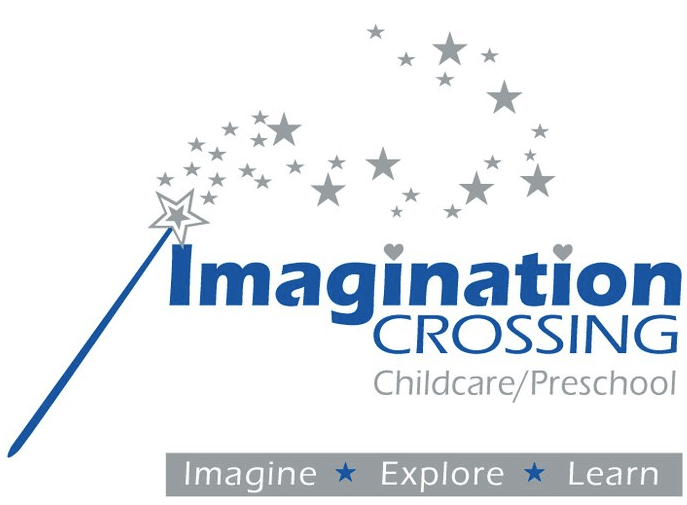The first two years of a child’s life are a whirlwind of growth, exploration, and discovery.
From the first moments of gazing into their parent’s eyes to taking those tentative first steps, the developmental milestones achieved during this period are not only awe-inspiring but also crucial indicators of a child’s overall well-being.
In this blog post, we will explore the remarkable journey of developmental milestones for children aged 0-2, providing insights for parents, caregivers, and educators into the incredible transformations taking place during this formative period.
Unveiling the Marvels of Early Development: Milestones for Children Ages 0-2
Motor Skills: Navigating the World One Movement at a Time
- 0-3 months: Infants begin to gain control over their neck muscles, enabling them to lift their heads briefly while lying on their stomachs.
- 4-6 months: The development of hand-eye coordination progresses, with infants reaching for and grasping objects within their reach.
- 7-12 months: The magic of crawling begins, as infants explore their surroundings by maneuvering on their hands and knees.
Cognitive Development: Building the Foundation for Learning
- 0-3 months: Babies start to recognize familiar faces and objects, responding to visual and auditory stimuli.
- 4-6 months: The concept of object permanence emerges, as infants understand that an object continues to exist even when it’s out of sight.
- 7-12 months: Simple problem-solving skills begin to develop, as infants explore cause-and-effect relationships through play.

- 0-3 months: Infants engage in cooing and babbling, expressing themselves through a range of sounds.
- 4-6 months: The exploration of different vocal tones continues, with infants responding to their caregivers’ voices.
- 7-12 months: The first recognizable words may emerge, as infants attempt to communicate simple needs and desires.
Social and Emotional Development: Nurturing Bonds and Expressing Emotions
- 0-3 months: Infants develop attachments to their primary caregivers, showing preferences for familiar faces.
- 4-6 months: The emergence of stranger anxiety signals a growing awareness of social surroundings.
- 7-12 months: Simple emotions such as joy, anger, and fear are expressed, and infants may engage in games like peek-a-boo to interact with others.
Feeding and Independence: The Transition to Solid Foods and Self-Feeding
- 0-3 months: Infants rely on breast milk or formula for nutrition, establishing feeding routines.
- 4-6 months: The introduction of solid foods begins, and infants start to show an interest in self-feeding by reaching for objects.
- 7-12 months: The transition to a more varied diet continues, with infants developing the ability to grasp and eat finger foods independently.
Sleep Patterns: Establishing Healthy Routines
- 0-3 months: Sleep patterns are irregular, with infants typically sleeping for short durations and waking for feeds.
- 4-6 months: Longer stretches of nighttime sleep may begin to emerge, and naps become more structured.
- 7-12 months: Most infants establish a more predictable sleep routine, with longer periods of nighttime sleep and consistent nap schedules.
The first two years of a child’s life are an enchanting period marked by rapid development and significant milestones. Understanding and celebrating these achievements provide parents, caregivers, and educators with valuable insights into a child’s individual journey.
By creating supportive environments and fostering positive interactions, we lay the foundation for a lifetime of learning, growth, and exploration. Embrace the marvels of early development, and witness the unfolding of a unique and extraordinary chapter in the lives of the youngest members of our communities.
